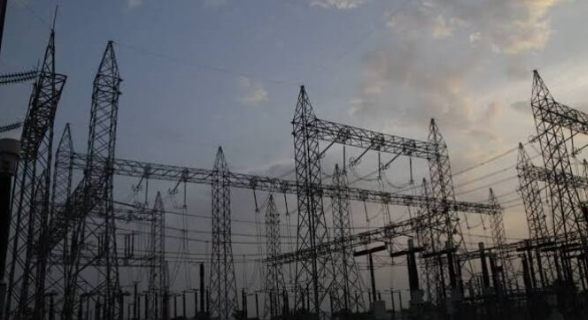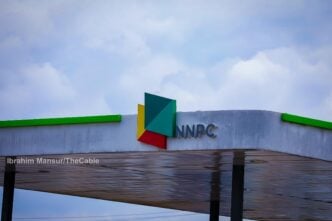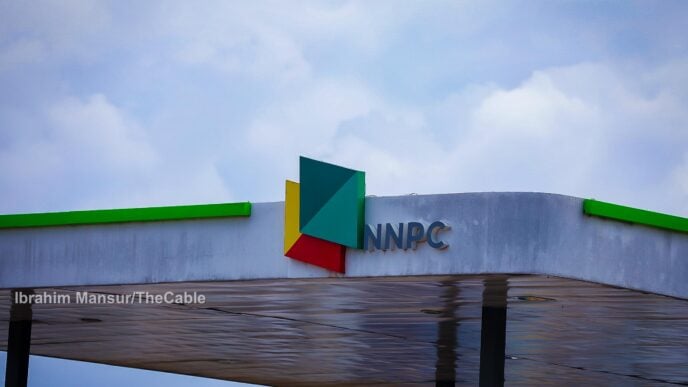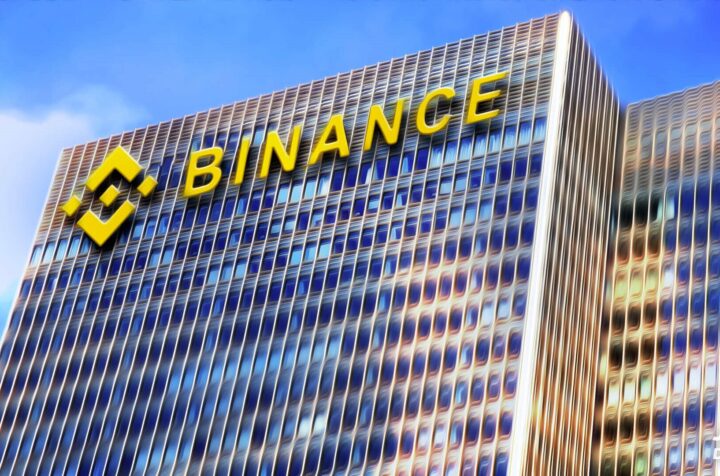Nigeria's national grid
The Association of Power Generating Companies (APGC) says the national grid has collapsed 162 times in the last 11 years.
Joy Ogaji, chief executive officer (CEO) of APGC spoke on Thursday in Abuja at the public hearing on incessant grid collapses.
The event was organised by the Nigerian Electricity Regulatory Commission (NERC).
On October 19, the national grid collapsed for the eighth time in 2024, with the first recorded on February 4.
Advertisement
TCN also reported the national grid collapsed on March 28, April 15, July 6, and August 5.
Also, Nigerians experienced another blackout on October 14 and October 15 respectively.
Speaking at the hearing, Ogaji said the commission needs to be proactive in addressing the problems causing the collapse.
Advertisement
“The topic for this course, this morning, is not new at all. From the association data taken from 2013 to date, the grid has collapsed 162 times,” she said.
Ogaji also said the data the private sector is capturing is different from what is reported.
According to APGC CEO, there is a need for transparency in the sector and proper capturing of data by the commission.
“Before the grid code specified or the switch is up to like four. But we have done investigation and found out that sometimes the cripple is well over four, even up to ten, that is eating into somebody’s generation that would have fetched them money,” she added.
Advertisement
“So while I am not saying that spinning reserve is a solution, I believe that putting a spinning reserve and the free governor mode side by side can cure the volatility on the grid, because research shows that about hundreds of steel mills operate on our grid, and we know what steel mills does to frequency.”
She further said the association did a study and found out that 95 percent of the time, from 2013 till date, the grid has not been in compliance with the grid code requirement of 50 hertz.
“It has always been out of frequency requirement of the grid,” Ogaji added
‘WE MIGHT LOSE CUSTOMERS OVER FREQUENT GRID COLLAPSES’
Advertisement
On their part, the electricity distribution companies (DisCos) described the frequent grid collapses as embarrassing, saying that it has dented their reputation.
Speaking for the DisCos, Umar Sanni Bello, representative of the Jos Electricity Distribution Company (JEDC), said the development had made some of its big customers, like manufacturers, threaten to leave the company.
Advertisement
“Right now we have continued to manage these threats, but with these constant outrages, it is more difficult,” he said.
“We are likely to lose both big and regular customers to other spaces if this continues. ”
Advertisement
Bello also urged the commission to provide holistic solutions, adding that the collapse of the national grid was costing DisCos money.
Advertisement










